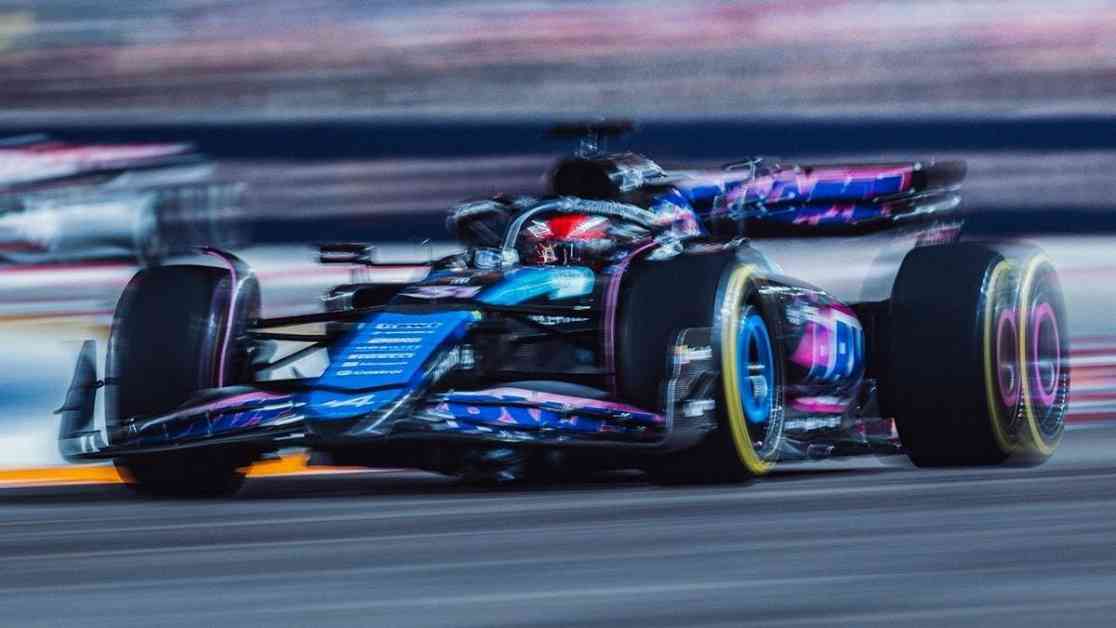Renault has been a major player in Formula 1 since 1977, but their journey in the sport has been filled with ups and downs. While Renault has supplied engines to 12 different teams over the years, they recently decided to hand over their spot in the sport to Alpine. Currently, the only car powered by a Renault engine is the Alpine, but this will soon change as Renault plans to bow out of Formula 1 entirely after the 2026 season due to the new engine regulations.
Throughout their history in Formula 1, Renault engines have helped secure 11 world drivers’ championship victories, with two of those being as a constructor with Fernando Alonso in 2005 and 2006. However, their success has dwindled in recent years, leading to partnerships ending with teams like Red Bull and McLaren. Renault’s struggle to build a competitive engine has ultimately led to their decision to exit the sport.
In an effort to save costs and hopefully improve performance, the Alpine team will be switching to Mercedes powertrain units starting in 2026. This move will not only allow Alpine to benefit from Mercedes’ research and development but will also provide access to shared data from eight cars on the grid, as opposed to just two Renault-powered cars. The decision to switch to Mercedes engines is a strategic one that aims to propel Alpine to greater success in the future.
As Renault prepares to leave Formula 1, their engine factory at Viry-Chatillon will undergo a transformation into a new engineering campus focused on developing technology for future Alpine and Renault street cars. This shift in focus will include the production and assembly of a new Alpine-branded hypercar, showcasing Renault’s commitment to innovation even outside of the racing world.
Despite their efforts, Alpine has struggled in the 2024 season, only scoring 13 points and finishing no higher than 9th place. This performance is a stark contrast to their 2023 season, where they scored 120 points and even reached the podium a few times. Currently, only the Sauber team ranks lower in the constructors’ championship, highlighting the challenges faced by Alpine in their final seasons with Renault engines.
In conclusion, Renault’s decision to exit Formula 1 marks the end of an era for the company in the sport. While their legacy includes multiple championship victories, the inability to build a competitive engine in recent years has led to this strategic shift. As Alpine prepares to embrace Mercedes power, the future looks promising for the team as they aim to reclaim their position among the top contenders in Formula 1.










